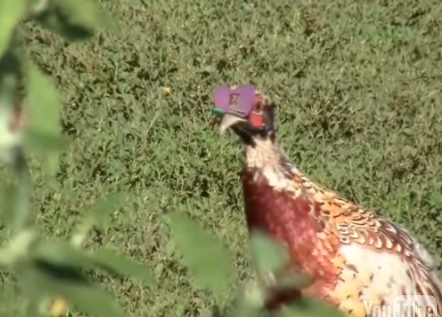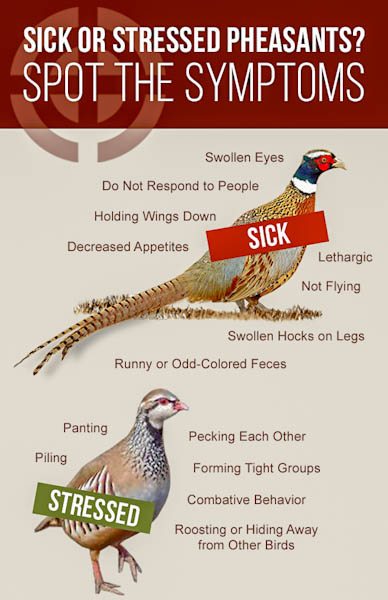Keeping Wild Birds off of Game Farms
MacFarlane Pheasants has over 150 acres of netted covered pens. When you are dealing with this much land, you can expect to have a few furry or feathered visitors! Keeping those visitors off of our property is extremely important in the prevention of the spread of diseases and the predation of our birds.
We have strict biosecurity policies and procedures in place to prevent transmission of diseases, including avian influenza. This virus can be transmitted by wild geese and ducks. Salmonella can also be spread by other birds to our production pheasants.
It can be very difficult to keep wild birds from flying onto our property, and we have to be sure that our pheasants do not have contact with wild birds or their feces. MacFarlane Pheasants takes great care to keep feed cleaned up and out of the sight of wild birds, so they are less attracted to our property.
Another reason we need to keep wild birds off of the farm is that pheasants are ground-dwelling birds and are viewed by many other birds as prey. Some predators of pheasants include red-tailed hawks, turkey vultures, and even bald eagles. Starlings are a big problem for us, so we take yearly measures to control their population on the farm. The netting we use outside can keep out local birds of prey while also preventing our pheasants from escaping. We use netting with two-inch holes for roofing on our pens, and we check it for damage regularly.
In addition to wild birds, there are also ground-dwelling predators of pheasants, including foxes, wolves, skunks, cats, and dogs. It is important to keep any dead birds picked up and away from the pens, as this helps to deter ground-dwelling predators as well as birds of prey. We have a catch-and-release operation. This means that if a hawk is found in the pen, it is removed and then released back into the wild. We also have to repair the netting if a hawk has made its way inside. Occasionally, we have to hire a falconer to catch and relocate hawks from the farm.
Taking precautionary measures to keep wild birds and other predators away from our farm means that we have healthier birds and happier customers!
Related Posts
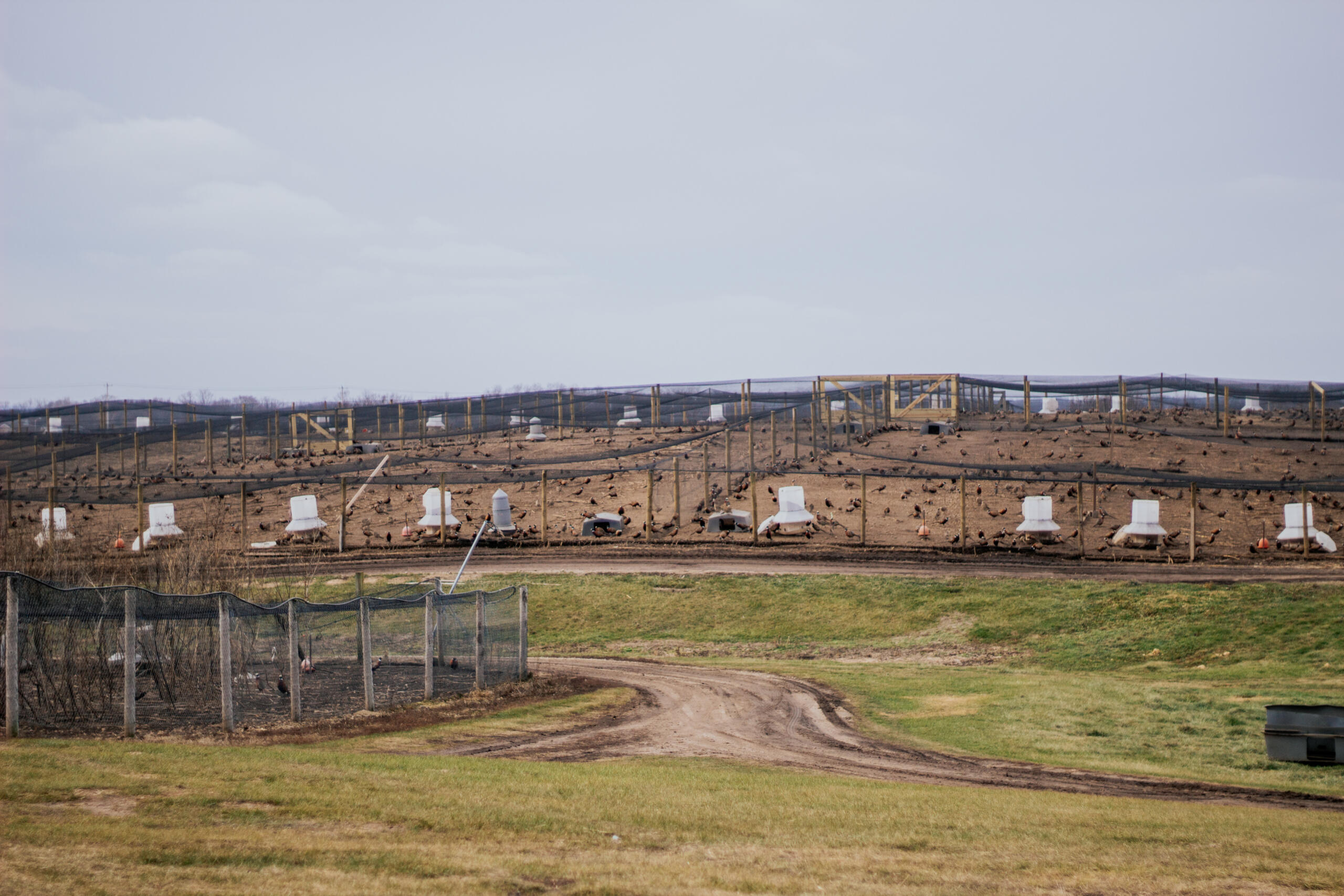
Preparing Our Barns & Pens Each Spring
Read Post
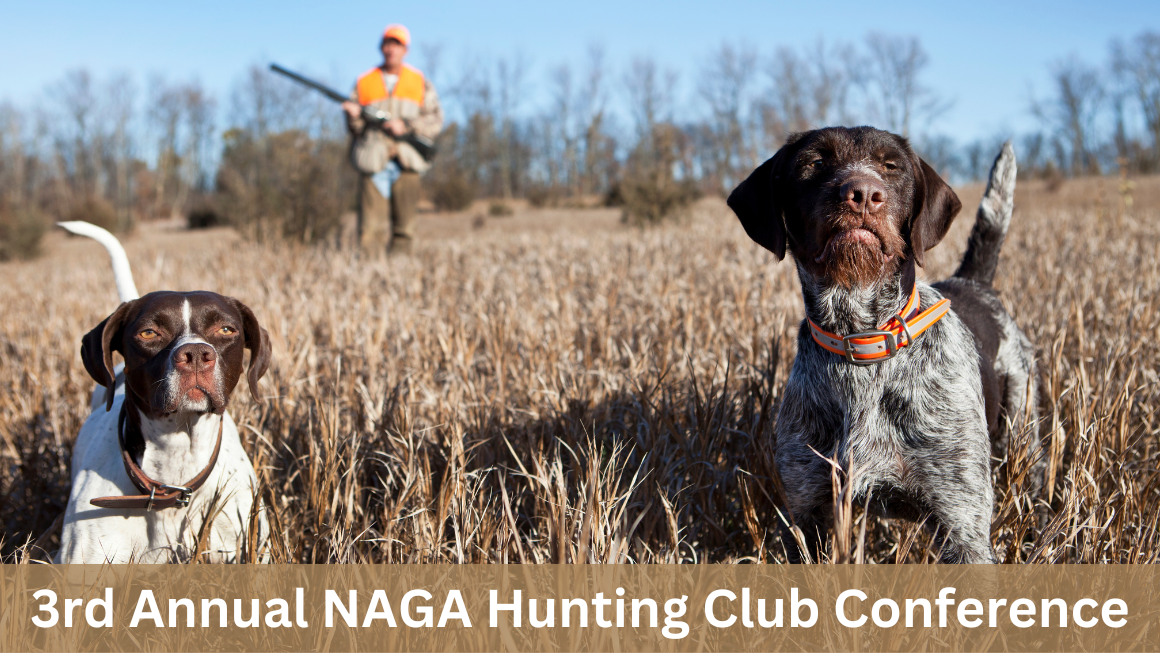
Join Us at the 3rd Annual NAGA Hunting Club Conference!
Read Post
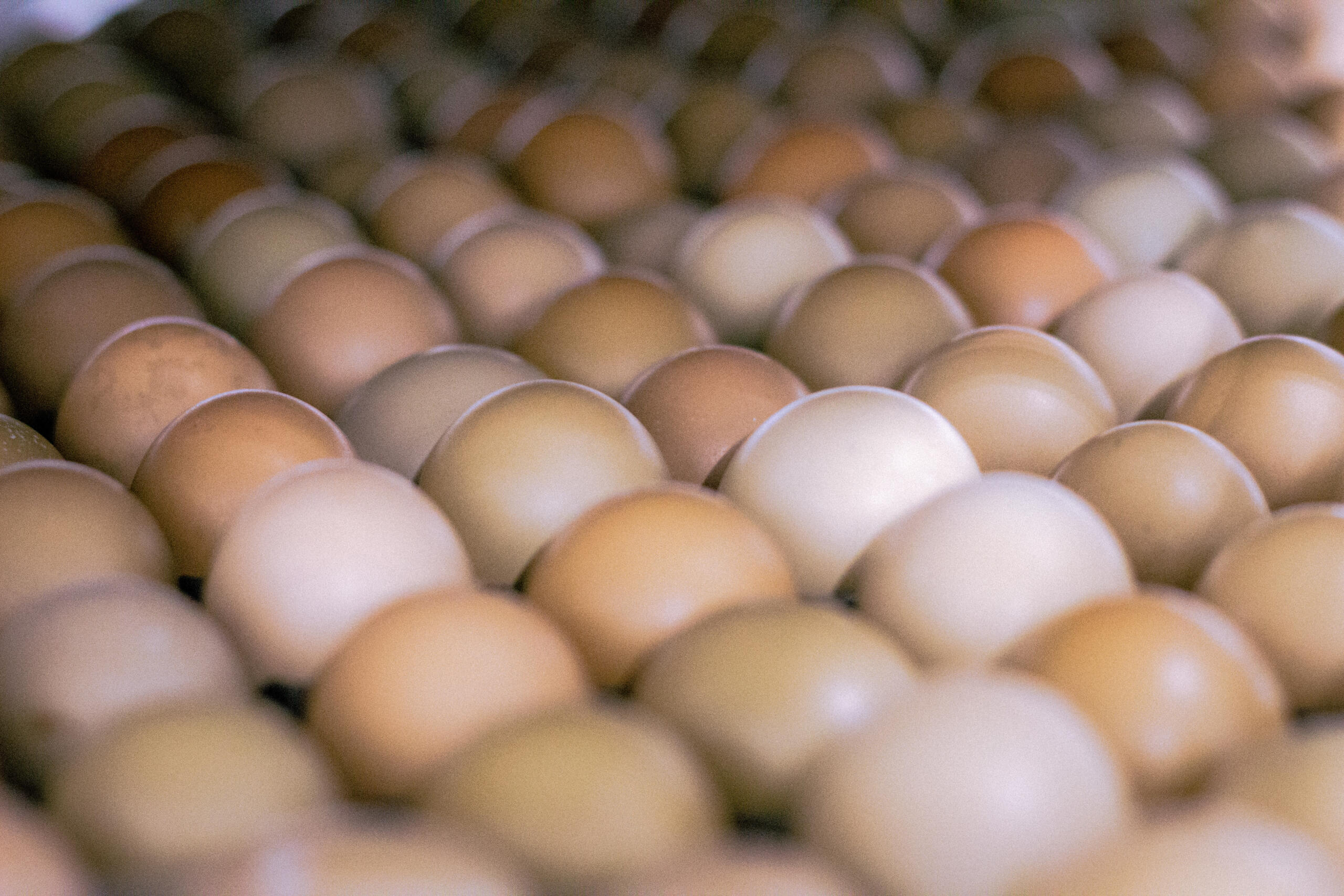
Incubation of Pheasant Eggs
Read Post
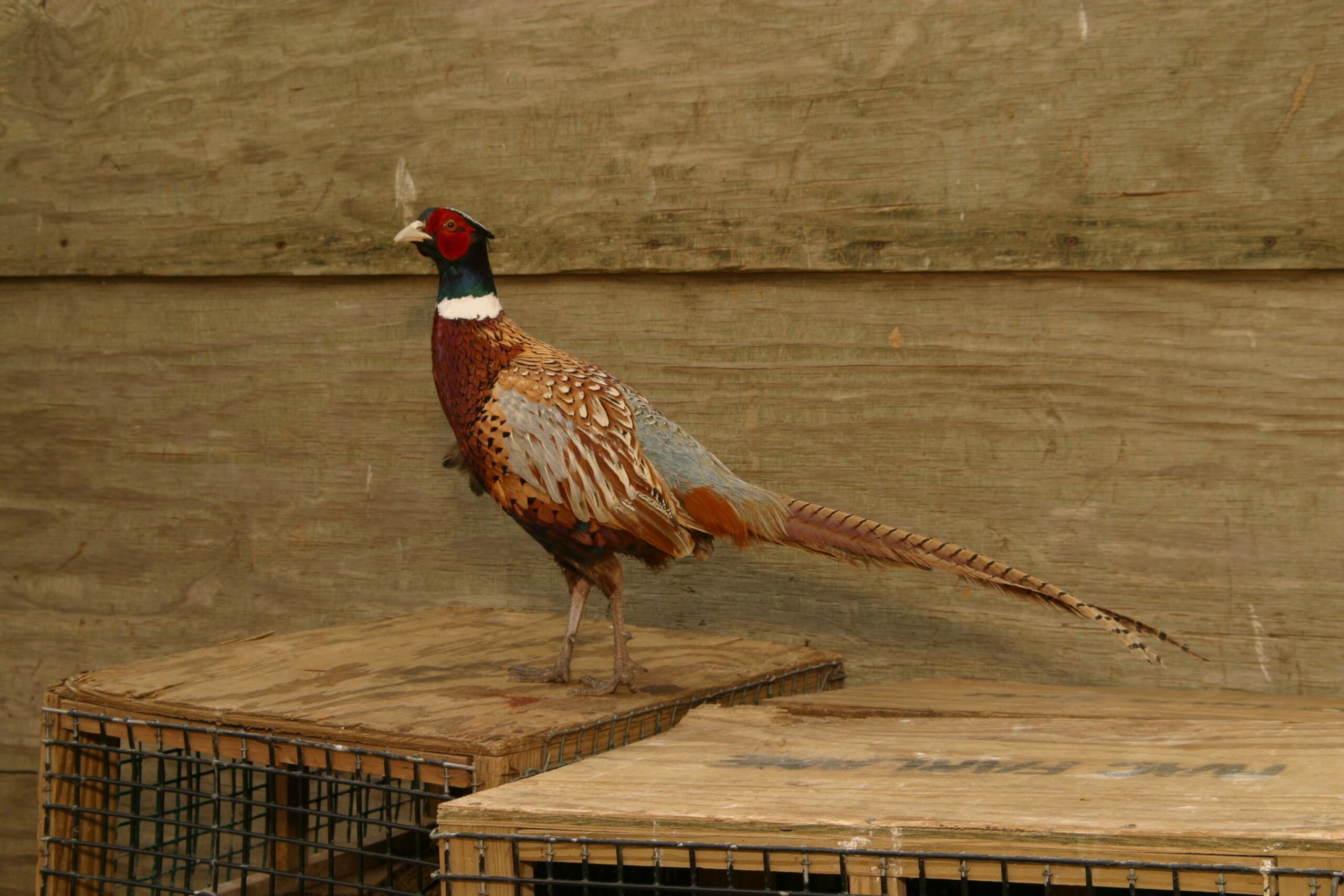
DuPont Financial Analysis Model
Read Post
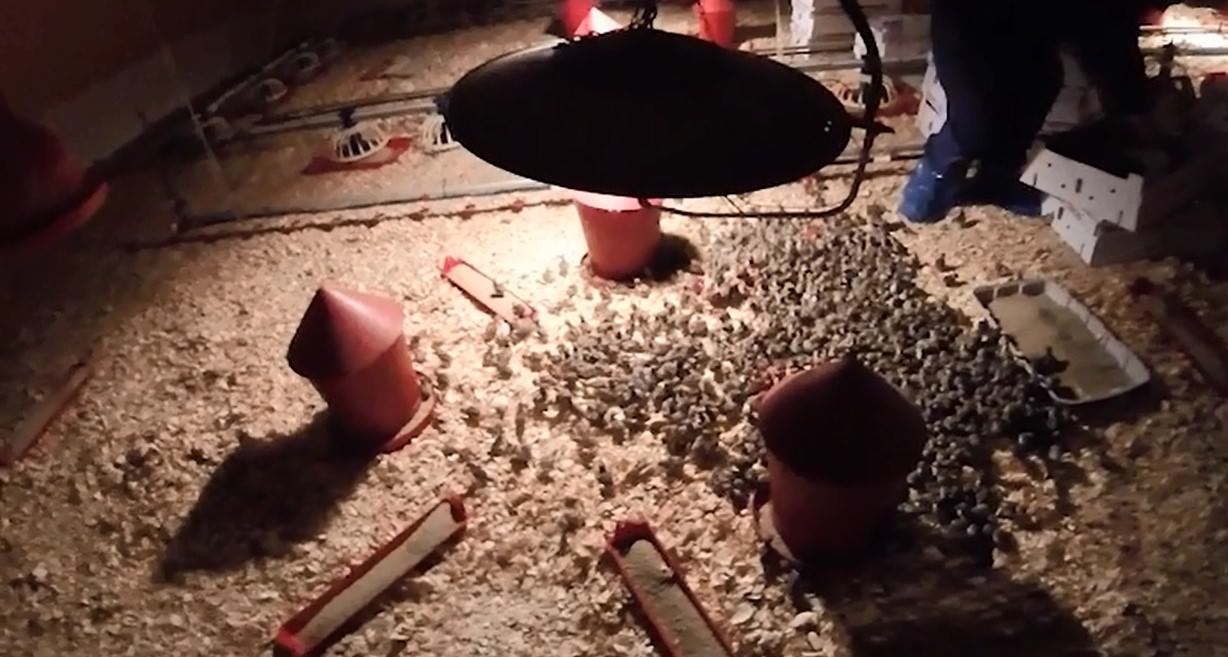
Interpreting Water Results
Read Post
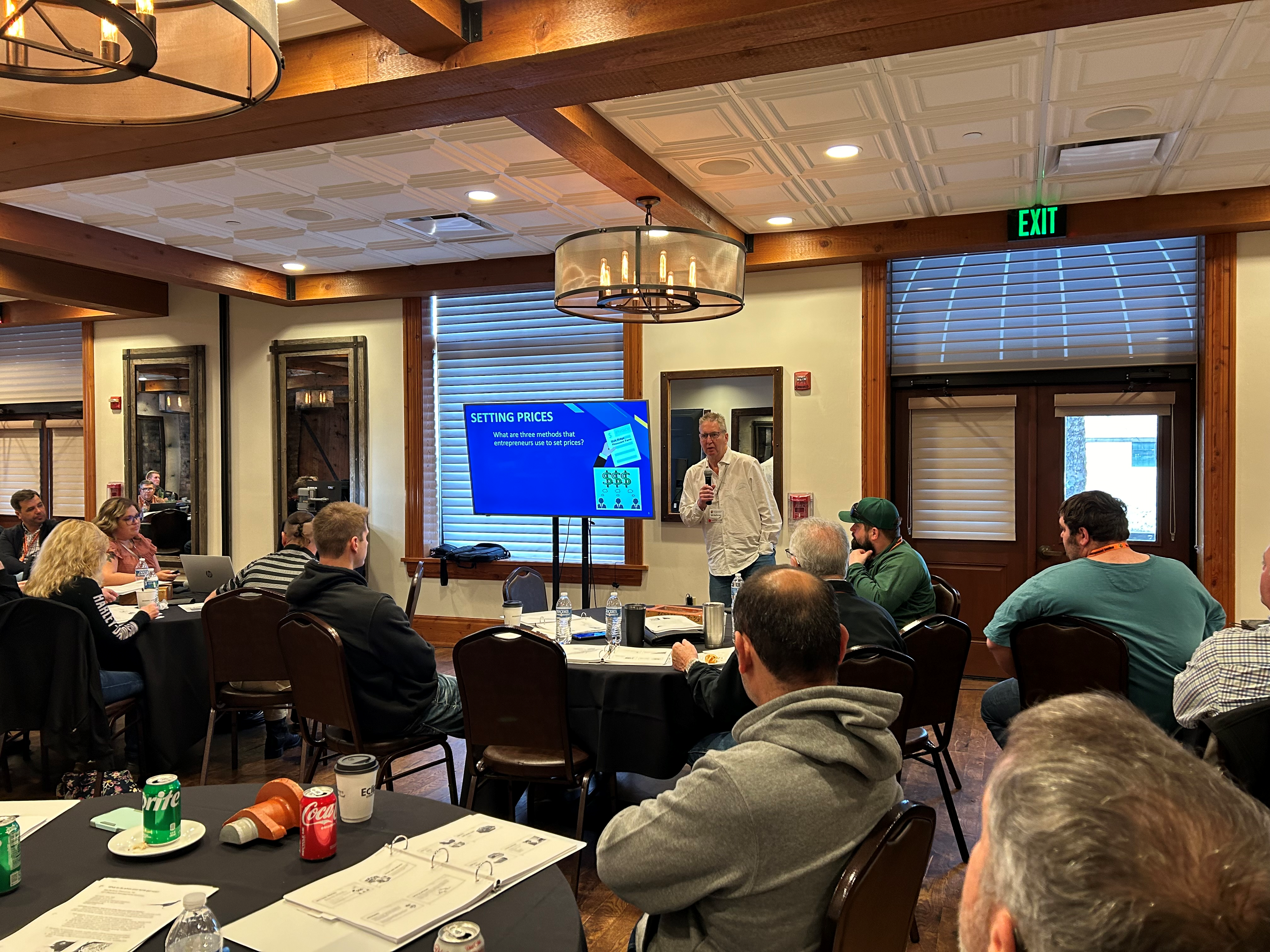
The 14th Biennial Pheasant Management Seminar-March 3-6, 2024
Read Post
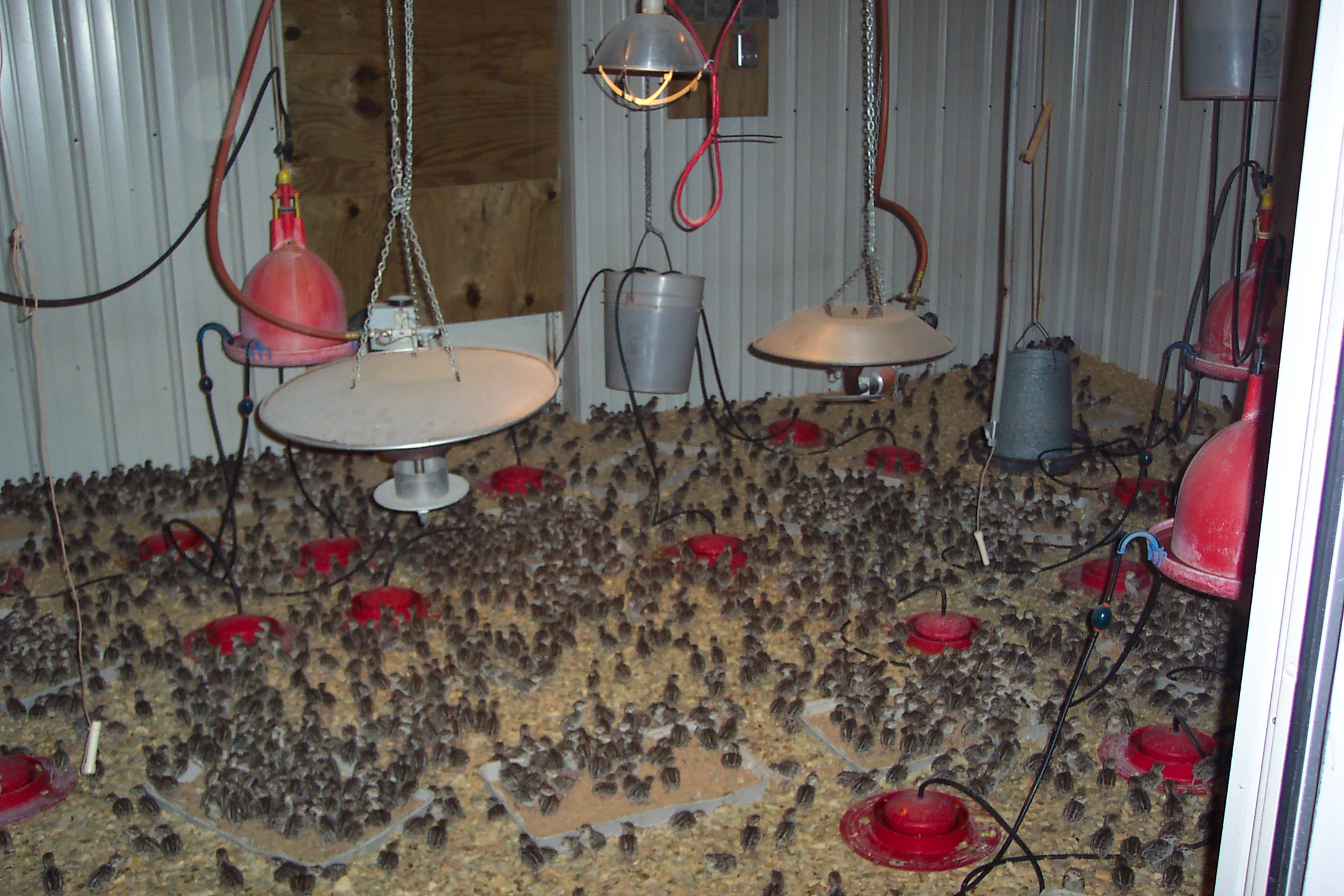
How We Prepare For Brooding Our Chicks
Read Post
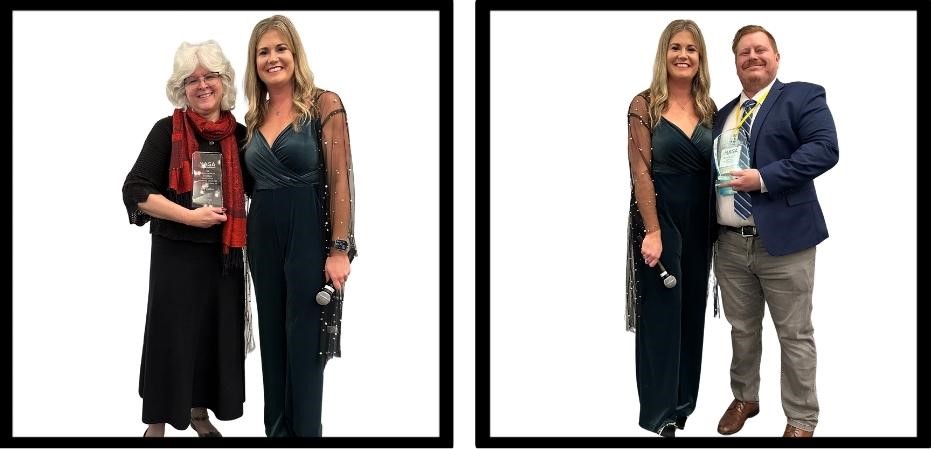
The North American Gamebird Association (NAGA) Conference 2024
Read Post
Take Advantage of These Free Resources
As the biggest game bird farm in the United States, we want to share our experience with you. Download our free resources below and get started.

